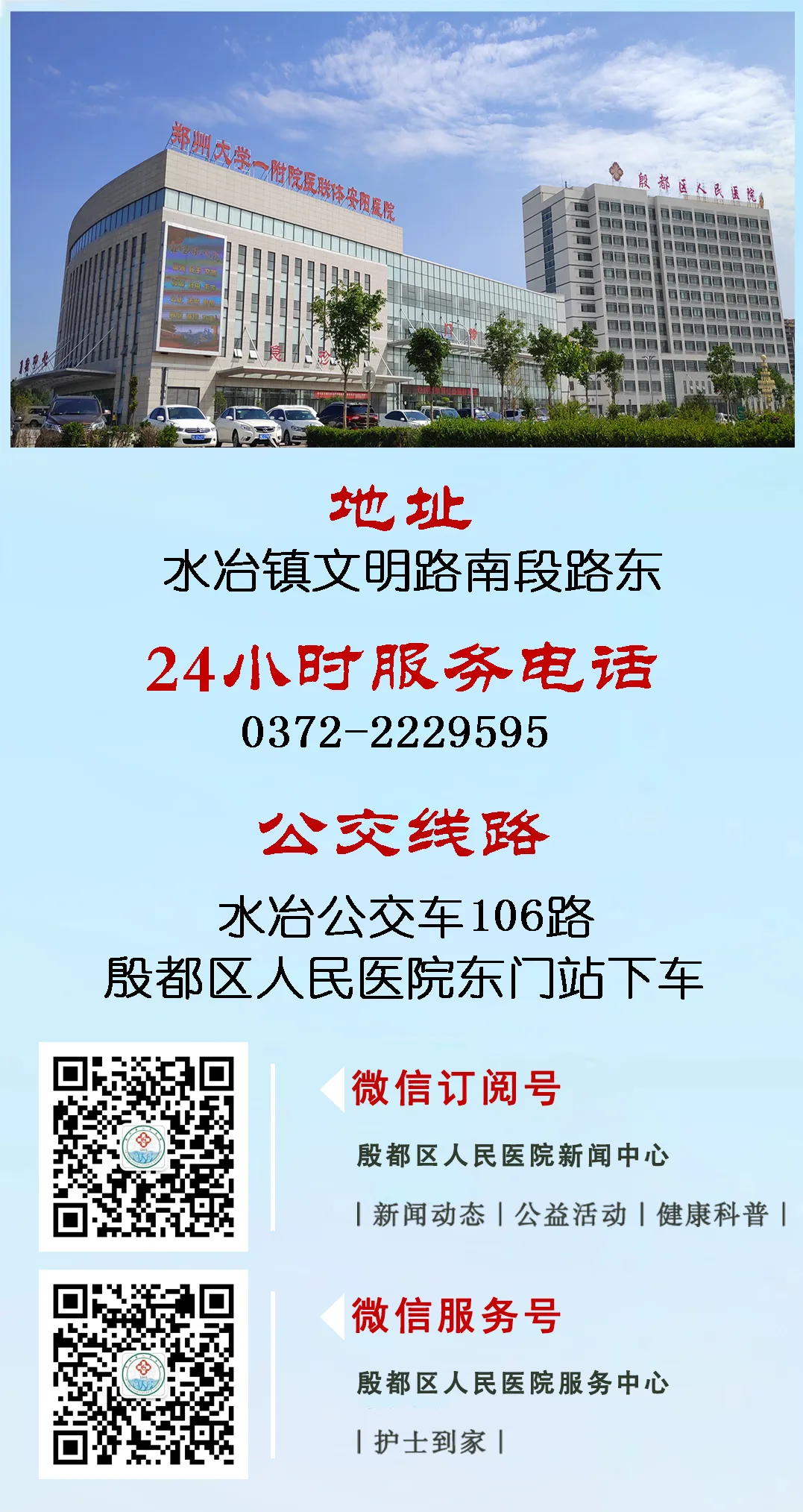
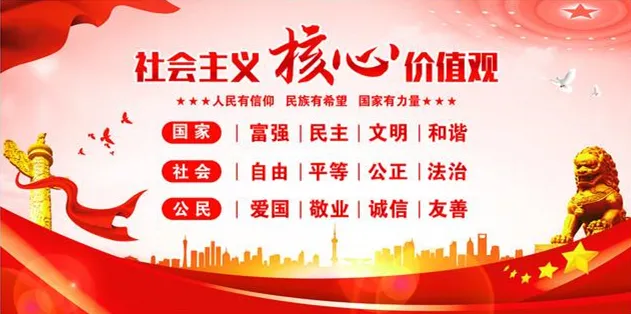
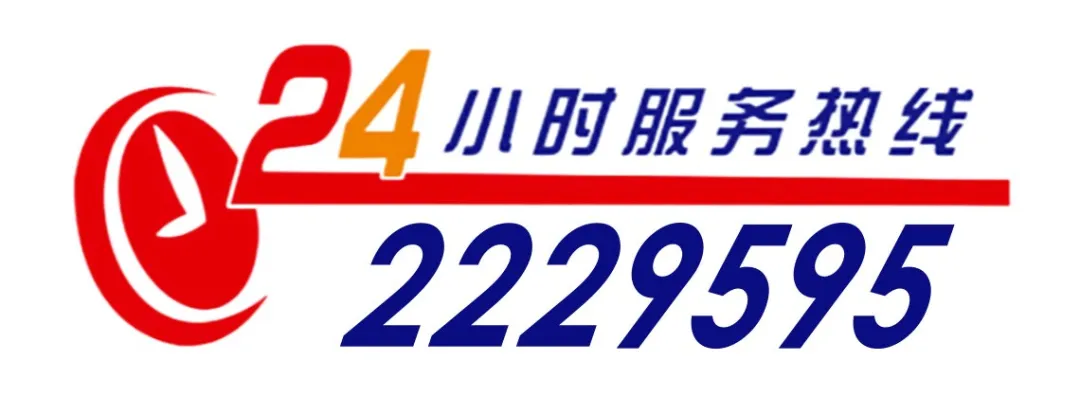
In the vast world, among all living beings, Traditional Chinese Medicine (TCM) classifies human constitution into nine types through the four diagnostic methods of observation, listening, inquiry, and palpation, with one normal constitution and eight abnormal constitutions.
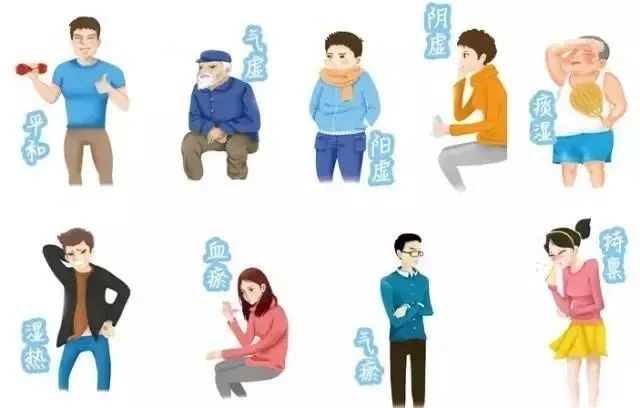
Nowadays, as people’s living standards have improved and both material and spiritual lives have become rich, some individuals still feel fatigued and lack energy. Why is this? It may be due to Qi Deficiency Constitution.
Wan Gaisheng, Director of the TCM Department at Anyang City Yindu District People’s Hospital will guide you to understand one of the nine constitutions, Qi Deficiency constitution.
 What is Qi Deficiency Constitution?
What is Qi Deficiency Constitution? Qi Deficiency Constitution is a constitutional state characterized by insufficient vital energy (yuanqi), with weak breath, and low functional status of the body and organs. Individuals with this constitution typically have a slightly overweight body type, soft and weak muscles, a low and weak voice, are less talkative, lack energy, easily become fatigued, tend to be introverted, timid, and are prone to colds. They have difficulty recovering from illness and are susceptible to organ prolapse diseases, such as gastric prolapse, uterine prolapse, and rectal prolapse. Upon examination, the tongue is generally pale red, the tongue body is enlarged with tooth marks on the edges, also known as scalloped tongue, and the pulse is weak and slow. Their adaptability to both natural and social environments is poor.
Qi Deficiency Constitution is a constitutional state characterized by insufficient vital energy (yuanqi), with weak breath, and low functional status of the body and organs. Individuals with this constitution typically have a slightly overweight body type, soft and weak muscles, a low and weak voice, are less talkative, lack energy, easily become fatigued, tend to be introverted, timid, and are prone to colds. They have difficulty recovering from illness and are susceptible to organ prolapse diseases, such as gastric prolapse, uterine prolapse, and rectal prolapse. Upon examination, the tongue is generally pale red, the tongue body is enlarged with tooth marks on the edges, also known as scalloped tongue, and the pulse is weak and slow. Their adaptability to both natural and social environments is poor.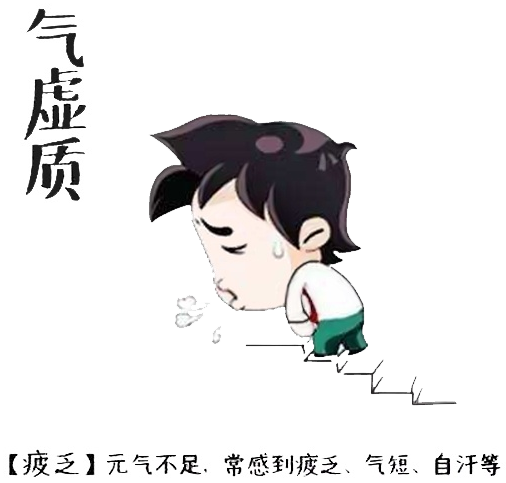



 Clinical Features
Clinical Features Individuals with this constitution easily experience fatigue, shortness of breath, dizziness, and are prone to colds. They prefer quiet environments, are reluctant to speak, and their voice is weak and lacking in strength. They sweat easily with even slight physical activity.In summary, they are inactive and dislike movement, not due to laziness of thought, but because this constitution determines their reluctance to move.
Individuals with this constitution easily experience fatigue, shortness of breath, dizziness, and are prone to colds. They prefer quiet environments, are reluctant to speak, and their voice is weak and lacking in strength. They sweat easily with even slight physical activity.In summary, they are inactive and dislike movement, not due to laziness of thought, but because this constitution determines their reluctance to move.

 Images are sourced from the internet; please contact us if there are any copyright issues.Contributed by | Wan Gaisheng, TCM Department, Anyang City Yindu District People’s HospitalFirst Review | Wan GaishengSecond Review | Hu AitingThird Review | Zhao Qingliang
Images are sourced from the internet; please contact us if there are any copyright issues.Contributed by | Wan Gaisheng, TCM Department, Anyang City Yindu District People’s HospitalFirst Review | Wan GaishengSecond Review | Hu AitingThird Review | Zhao Qingliang
◆◆ Clear thinking, seek development | Interpretation of the “11412” work idea of Yindu District People’s Hospital◆◆ Seek practical solutions with clear thinking, unite efforts for development — This is how Yindu District People’s Hospital will operate in 2024!◆◆ Recruitment announcement for urgently needed positions at Anyang City Yindu District People’s Hospital◆◆ “2229595, one call handles everything!” Yindu District People’s Hospital has launched a 24-hour service hotline◆◆ Prices for examinations and tests at Yindu District People’s Hospital have been significantly reduced

